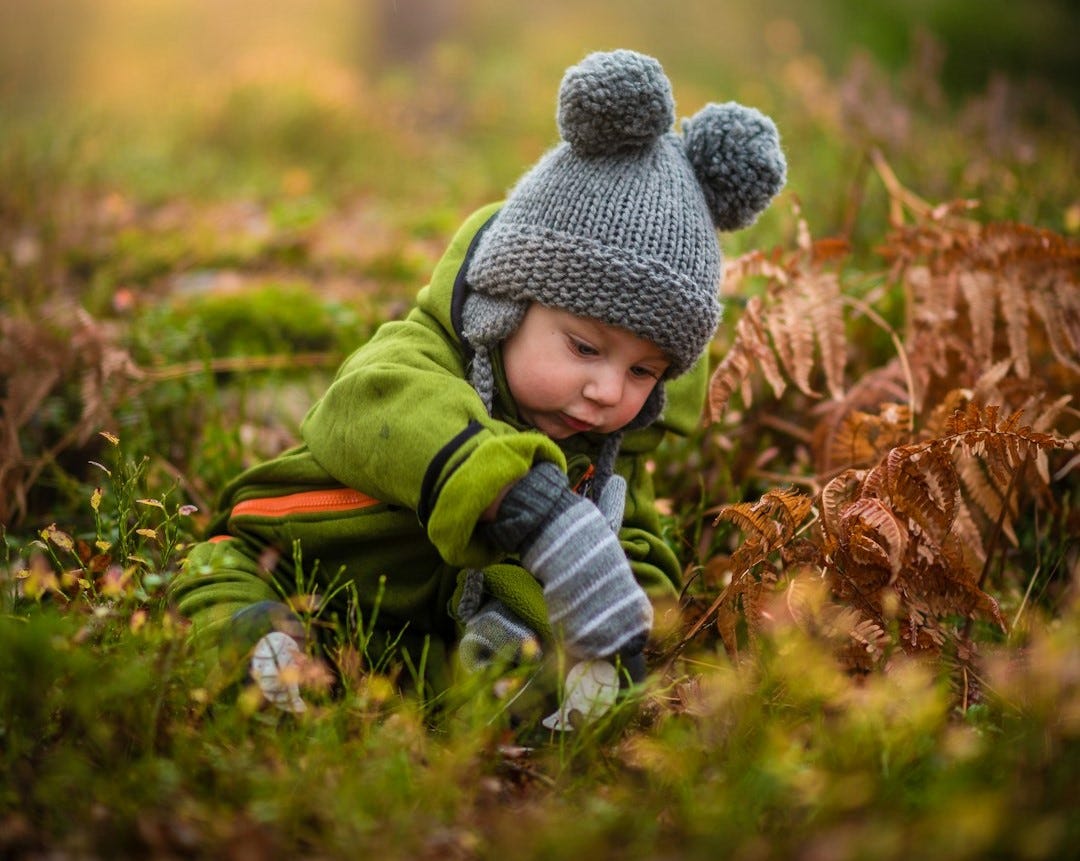
Everywhere I turn, people to be referencing childhood lately, both in idyllic, pastel memory or frustrating, tantrum-colored reality. It tracks with reminiscences of vacation ease or dispatches about back-to-school season (crazy early by my time clock, but here nonetheless). It’s celebrated in our yearning for simpler times, and referenced in advocacy for play. We’ve all been children, have remnants of that innocence inside. And so, childhood speaks to us.
When I’m looking for magic, it’s pretty reliable to follow the children.
But there are other aspects to childhood. It is where dreams and wounds begin; where relationships emerge, grow, turn. Sometimes we forget that children are whole humans with wide ranging experiential and emotional lives. I think the most important way to see them is in progress.
I am a student of human development. I have studied, taught, corralled, nurtured, and otherwise hung out with children for big chunks of my journey. Now, I write children’s books, a task both joy-filled and fraught, given the unpredictability of the publishing industry and, well…change. But in progress pretty well describes all of it.
It describes us too. In the midst of life which so rarely goes according to plan, we would do well to learn from the growing, evolving magic of childhood.
The important domains of child development don’t stop having significance as we grow up:
Physical – Anyone hit their so-called prime and just stay there? I didn’t think so. We are ever changing sizes, shapes, strengths, and capabilities.
Social – A new friend is magical. So is reconnection. Also laughter, work, or play with another, no matter your age. Unless you live in a box, you have to engage.
Emotional – Every new love or loss, every up or down day, every counterbalancing excitement or contentment stretches us. A big part of the delightfulness of the Inside Out/Inside Out 2 films is their celebration of Sadness, Anger, Fear, Disgust, Envy, Embarrassment, and Ennui, alongside Joy. As whole growing, changing humans, we’re all still navigating all the emotions.
Cognitive – My daughter guiding my mother through a crossword puzzle? Magical. My own internet research? Not so much, but I’m still learning (see what I did there?)
Language – Have you got rizz? Looked drip? Or eaten something bussin’? Maybe you don’t want to, but it’s our nature to evolve, and language evolves with us. Before too long, Gen Alpha will be writing the crosswords, so pay attention!
It’s easy to stress about our changing world and possibly minimize our changing selves (surely those ski pants I wore in high school will zip right up!) But what if we embraced everything coming at us with more childlike curiosity and wonder?
What if we could get comfortable with childish ways?
Like…
Repetition - G.K. Chesterson suggested that “Grown-up people are not strong enough to exult in monotony.”
Because children have abounding vitality, because they are in spirit fierce and free, therefore they want things repeated and unchanged. They always say, "Do it again"; and the grown-up person does it again until he is nearly dead. For grown-up people are not strong enough to exult in monotony. But perhaps God is strong enough to exult in monotony. It is possible that God says every morning, "Do it again" to the sun; and every evening, "Do it again" to the moon. It may not be automatic necessity that makes all daisies alike; it may be that God makes every daisy separately, but has never got tired of making them. It may be that He has the eternal appetite of infancy; for we have sinned and grown old, and our Father is younger than we.” Orthodoxy
We can seek mindfulness, peace, and harmony in ritual, rhythm, the security of patterns. I can find meaningful monotony in the chorus of a favorite song, the next story in a beloved mystery series, the garden, the ocean, the morning. Can you?

Simplicity – Paulo Coelho says, “We have lost contact with reality, the simplicity of life.” Not young children. They don’t need the fancy “stuff” we so frequently want to give them. Yes, kids love shiny things, moving pictures, hyperstimulation, newness. But they usually don’t need them until we tell them they do. A stick, a ball, a puddle, a secret place to call their own, and most kids can create a world!
“The simple things are also the most extraordinary things, and only the wise can see them.” The Alchemist
Being outside in nature, or engaging in art or craft one material at a time invites me to notice deeply. I absolutely enjoy more rest with a paperback read than when I suck content from my phone. When there’s too much to do, too much noise, too many options, what’s your connection to simple things?
Photo by 🇸🇮 Janko Ferlič on Unsplash
Complexity - Childhood isn’t easy. The whole in progress nature of being human shows itself from the very start. But that’s the beauty of it. Sometimes looking at children from the outside, we miss the layers - surprisingly profound observations paired with staggering emotion and pure silliness.
Discovery - The biggest compliment I received as a teen came from an acquaintance who couldn’t figure me out, but was intrigued, curious. It’s important to remember that we live in a complex, interesting, intriguing world. When we approach it with curiosity, as opposed to something we’re determined to lock down or master, there is so much magic to work with!
May you catch a little childlike magic this season!






